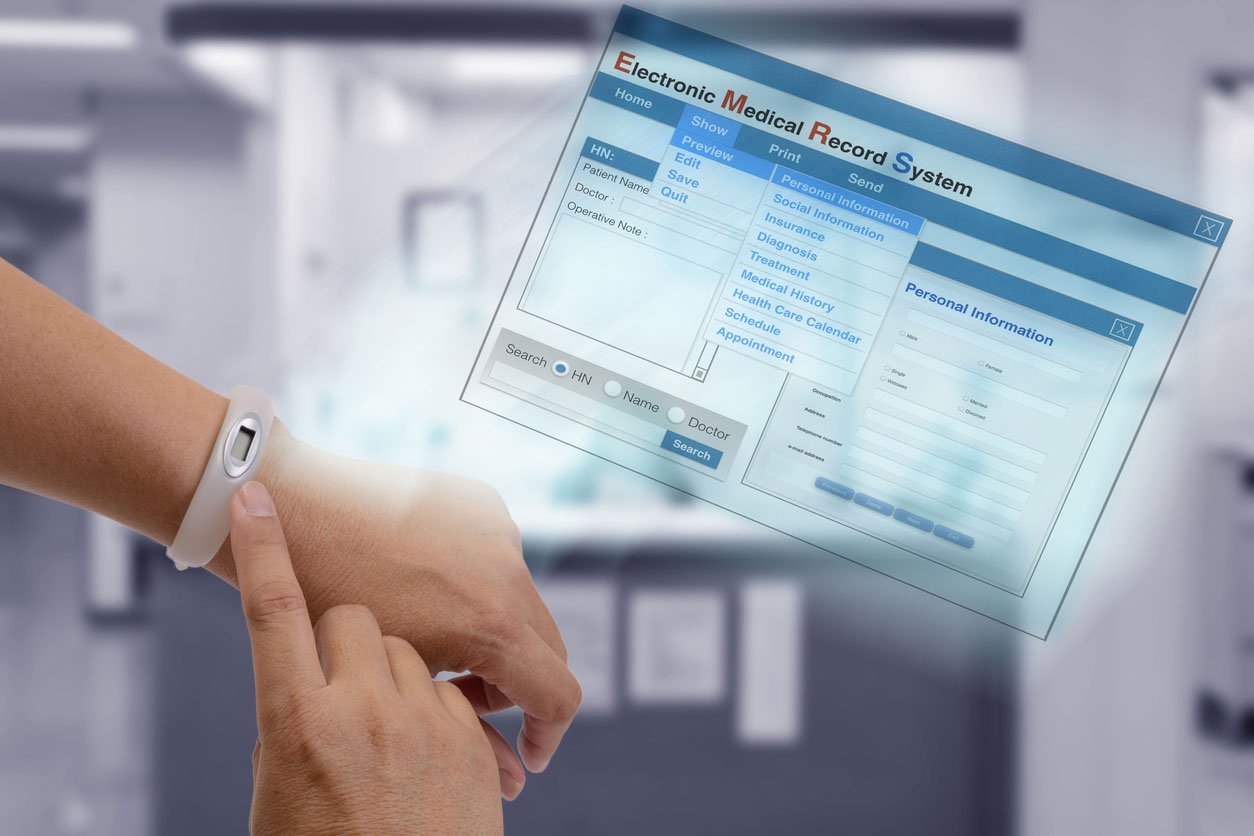
You sail through the job interview process, or so it seems. Your dream job turns into a legal nightmare when the prospective employer holds something against you that has nothing to do with your professional credentials.
It has to do with your health.
Yes, many employers still dig deep into health records to vet job candidates. In addition to unscrupulous health background checks, virtually anyone can pry into your health history to compromise your privacy. However, because of the enactment of the 1996 Health Insurance Portability and Accountability Act (HIPAA), Americans have a health privacy bill of rights that keeps medical records sealed from public view.
The Kassebaum-Kennedy Act
Often referred to as the Kassebaum-Kennedy Act, HIPAA contains two titles that influence health care practices. Title I preserves the health insurance coverage of workers that change or lose their jobs. The second title of HIPAA is also known as the Administrative Simplification (AS) provision, which sets national standards for electronic health care transactions, as well as federally recognized identification for healthcare providers and employers. However, it is the privacy clause of the second title of HIPAA that ensures your medical records remained sealed. Title II of HIPAA legally defines the policies, guidelines, and procedures required for ensuring the security of health information that include civil and criminal penalties for violating any of the provisions mandated by HIPAA.
The Employment Implications of HIPAA
One of the most costly expenses employers face is providing healthcare coverage for workers. A growing number of employers have increased deductibles to offset the rising costs of healthcare insurance. Before 1996, many employers initiated extensive investigations into job candidate health histories to prevent the hiring of employees that would drive up healthcare costs. The investigations into medical records required little more than accessing a medical record database. HIPAA added provisions that severely penalize employers for accessing job candidate medial records and using the records to form hiring decisions.
Health Information and Identity Theft
The original intent of the privacy rule of HIPAA was to prevent employers and insurance companies from obtaining health information. Insurance companies used health records to establish policies or deny coverage to applicants that had debilitating illnesses or injuries. Employers delved into personal medical records to prevent the hiring of applicants that would increase healthcare costs. Yet, the most significant impact of the privacy rule has been the establishment of personally identifiable information, or PII. The establishment of PII has dramatically reduced identity theft and other forms of fraud that takes advantage of collected personal data. The Department of Health and Human Services has extended the privacy rule to include independent contractors.
How to Use the Privacy Rules
The privacy rule legally requires any individual or organization that uses your PII to notify you of the use of your personal health information. If you believe a violation of the use of your PII has occurred, you should contact the Department of Health and Human Services Office or Civil Rights (OCR). The OCR branch of the Department of Health and Human Services typically experiences a long backlog of claims filed by American citizens that have experienced medical record privacy invasions.
Never allow a prospective employer to access your medical records for determining your professional credentials. If your healthcare history ever falls into the wrong hands, take legal measures to punish the perpetrators by contacting a licensed attorney that specializes in enforcing the provisions mandated by HIPAA. A free initial consultation should provide you with a better understanding of where you legally stand under HIPAA.





